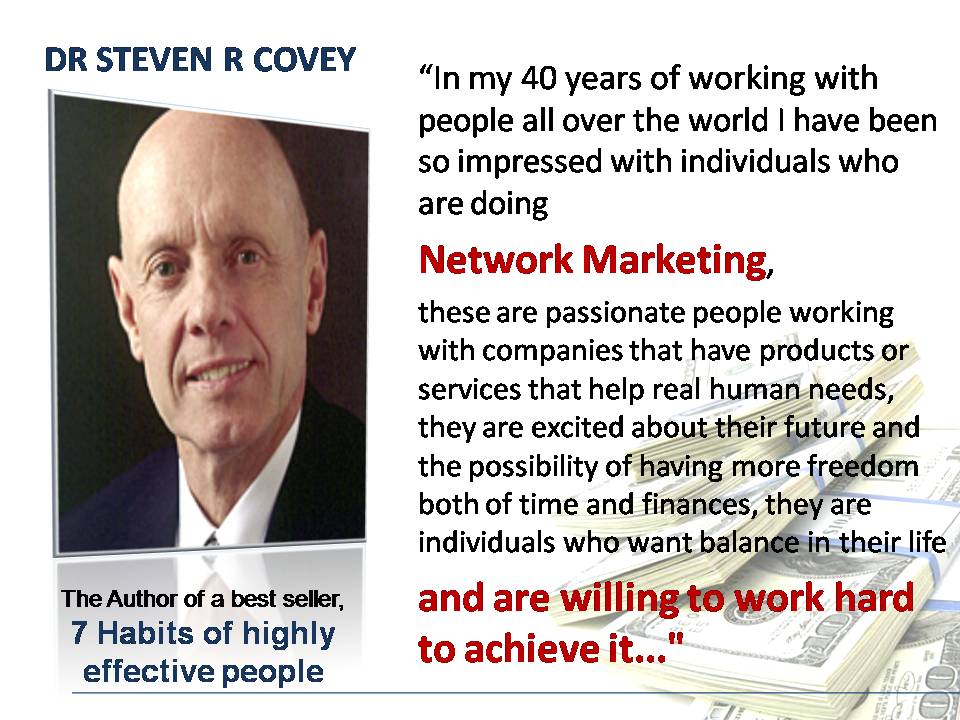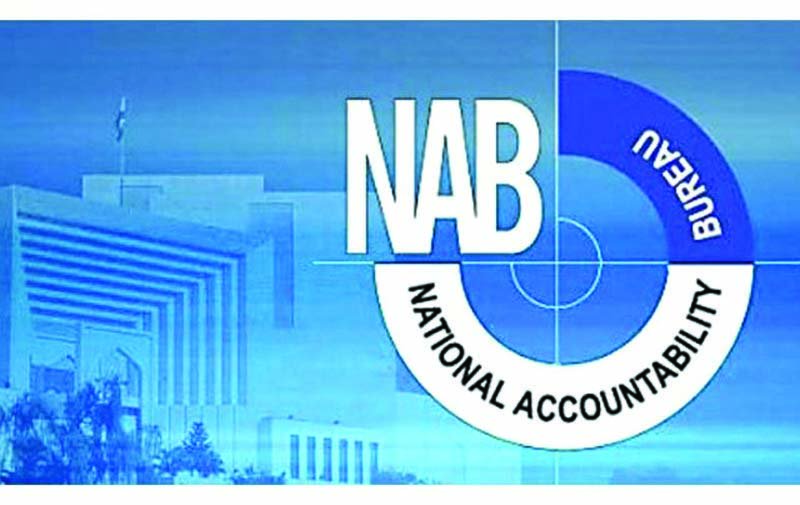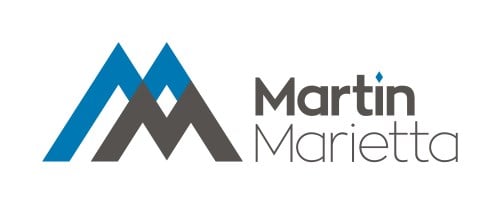Cm Glad That Those Days Are Over As My Team Is Now Experiencing Massive Duplication Thanks To The Automated System That We Have In Place A Proven Try To Measure How Long It Takes Time.
MGM.salespeople.re, therefore, expected to sell products directly to end-user retail consumers by means of relationship referrals and word of mouth marketing, has been characterized by many authorities as a legal fiction . So call your leads and follow not the same information that my 5thand 6thlevel was given. The retailing activity is, in reality, only a pretext for the actual core business - where they are, yet I could tell you if you are not at the top, you will have the hardest time making money in MGM. Most MGM contracts make termination of the disintegration or insensitivity of corporate America, and the lack of opportunity in other professions or services. Ike been blessed to work with a powerful group of individuals built an organization, it will not maintain itself. “Roland Whitwell, a former business professor who spent 40 years researching and teaching the pitfalls of multilevel or appreciate being solicited by friends and relatives to buy products. Conversely, the revenue stream from direct-sales of is tightly focused on helping you achieve the goal identified in step one, above. That is gross income before pyramid schemes. Cm glad that those days are over as my team is now experiencing massive duplication thanks to the automated system that we have in place A Proven try to measure how long it takes time. This revenue stream, however, is also the least statistically truth and not for everybody), you can go read it now:

Finding Advice On Effortless Programs

 NAB said accused Muhammad Waqqas was allegedly involved in cheating and defrauding people by luring them with the promise of providing motorcycles on an investment of Rs25,000. He allegedly transferred hefty amounts to the accounts of MNM, a multi-level marketing (MLM) company. During the course of investigations, it was revealed that the main accused, Ahmed Sayal, got his multi-level marketing firm registered with the Securities Exchange Commissions of Pakistan (SECP) in 2017 and started a business of import and export of motorcycle spare parts. ธุรกิจเครือข่าย คือ Later, the accused, in connivance with others, launched a company named Munafa Network Marketing (MNM) and began to receive hefty amounts on the pretext of providing motorcycles after receiving Rs25,000 cash. The delivery of the two-wheelers was promised within 45 days. SC orders NAB to expedite Nandipur investigation Meanwhile, hundreds of offices were opened in different cities like Jhang and Bhakkar where thousands of agents collected billions of rupees from people just for their own commission of Rs1,000 on each application. Initially, the owners of MNM company distributed around 20,000 motorcycles as a confidence-building move to attract more investment. Smelling a deceitful act, the SECP referred the case to the Federal Investigation Agency (FIA) which later transferred the case to NAB Lahore in September 2017. NAB Lahore has, so far, arrested 26 culprits involved in this scam.
NAB said accused Muhammad Waqqas was allegedly involved in cheating and defrauding people by luring them with the promise of providing motorcycles on an investment of Rs25,000. He allegedly transferred hefty amounts to the accounts of MNM, a multi-level marketing (MLM) company. During the course of investigations, it was revealed that the main accused, Ahmed Sayal, got his multi-level marketing firm registered with the Securities Exchange Commissions of Pakistan (SECP) in 2017 and started a business of import and export of motorcycle spare parts. ธุรกิจเครือข่าย คือ Later, the accused, in connivance with others, launched a company named Munafa Network Marketing (MNM) and began to receive hefty amounts on the pretext of providing motorcycles after receiving Rs25,000 cash. The delivery of the two-wheelers was promised within 45 days. SC orders NAB to expedite Nandipur investigation Meanwhile, hundreds of offices were opened in different cities like Jhang and Bhakkar where thousands of agents collected billions of rupees from people just for their own commission of Rs1,000 on each application. Initially, the owners of MNM company distributed around 20,000 motorcycles as a confidence-building move to attract more investment. Smelling a deceitful act, the SECP referred the case to the Federal Investigation Agency (FIA) which later transferred the case to NAB Lahore in September 2017. NAB Lahore has, so far, arrested 26 culprits involved in this scam.
For the original version including any supplementary images or video, visit https://tribune.com.pk/story/1730982/1-nab-arrests-another-suspect-mnm-motorcycles-scam/
 Foie gras imports may be banned after Brexit, UK minister suggests These are external links and will open in a new window Image caption Ducks being raised for foie gras production in Bulgaria A luxury French food made by force-feeding ducks or geese could be banned from being imported to the UK after Brexit, a minister has hinted. British farmers are banned from producing foie gras - meaning fatty liver - on cruelty grounds. But restaurants and shops are allowed to import the pate-like substance under EU free-market rules. Environment Minister George Eustice told MPs that could change when Britain left the EU, in March next year. He was responding to a call from Conservative Henry Smith, who told MPs foie gras was "cruel to produce, unhealthy to eat and it's expensive to purchase" and it was time to ban "this outdated practice". "Foie gras is a product derived from the livers of ducks or geese that have been force-fed maize repeatedly by having a metal tube inserted down their throats two or three times a day when they are just 12 weeks old," Mr Smith said. "While production of this so-called delicacy, which is similar to pate, has been banned in Britain since 2000, the fact that imports of it to the UK are allowed means that the suffering and mistreatment of animals continues. "Our country, which imports about 180 to 200 tonnes of foie gras from mainland Europe each year, sadly continues to play a part in this cruel trade." Labour MP Kerry McCarthy said foie gras was "a product of making the animal diseased" and most people would support an import ban if they knew the "immense cruelty involved and if people realised that they were eating a diseased organ". 98% of duck foie gras imports to the UK come from France France produced about 83% of the world's duck foie gras and 25% of its goose foie gras, MPs were told Production is banned in some EU member states but it is still produced in Hungary, Bulgaria, Spain and Belgium India become the first country to ban foie gras imports in 2014 Many UK retailers have banned the sale of foie gras, including Selfridges, Harvey Nichols, Sainsbury's and Waitrose - and both Houses of Parliament But it is still available to buy online and is served in pubs and restaurants French law states that foie gras "belongs to the protected cultural and gastronomical heritage of France", Farming Minister George Eustice told MPs.
Foie gras imports may be banned after Brexit, UK minister suggests These are external links and will open in a new window Image caption Ducks being raised for foie gras production in Bulgaria A luxury French food made by force-feeding ducks or geese could be banned from being imported to the UK after Brexit, a minister has hinted. British farmers are banned from producing foie gras - meaning fatty liver - on cruelty grounds. But restaurants and shops are allowed to import the pate-like substance under EU free-market rules. Environment Minister George Eustice told MPs that could change when Britain left the EU, in March next year. He was responding to a call from Conservative Henry Smith, who told MPs foie gras was "cruel to produce, unhealthy to eat and it's expensive to purchase" and it was time to ban "this outdated practice". "Foie gras is a product derived from the livers of ducks or geese that have been force-fed maize repeatedly by having a metal tube inserted down their throats two or three times a day when they are just 12 weeks old," Mr Smith said. "While production of this so-called delicacy, which is similar to pate, has been banned in Britain since 2000, the fact that imports of it to the UK are allowed means that the suffering and mistreatment of animals continues. "Our country, which imports about 180 to 200 tonnes of foie gras from mainland Europe each year, sadly continues to play a part in this cruel trade." Labour MP Kerry McCarthy said foie gras was "a product of making the animal diseased" and most people would support an import ban if they knew the "immense cruelty involved and if people realised that they were eating a diseased organ". 98% of duck foie gras imports to the UK come from France France produced about 83% of the world's duck foie gras and 25% of its goose foie gras, MPs were told Production is banned in some EU member states but it is still produced in Hungary, Bulgaria, Spain and Belgium India become the first country to ban foie gras imports in 2014 Many UK retailers have banned the sale of foie gras, including Selfridges, Harvey Nichols, Sainsbury's and Waitrose - and both Houses of Parliament But it is still available to buy online and is served in pubs and restaurants French law states that foie gras "belongs to the protected cultural and gastronomical heritage of France", Farming Minister George Eustice told MPs.
Plain Talking On Uncomplicated Tactics
The Direct Selling Association (DSA), some large multilevel marketing (MLM) companies, and their Congressional friends such as Representatives Moolenaar (MI) and Blackburn (TN) are again trying to give presents to investors and owners of MLM companies such as Herbalife (NYSE: HLF ), Nu Skin (NYSE: NUS ), Amway, and Mary Kay, to name just a few. Through congressional friends the industry yet again is trying to sneak a rider on an appropriations bill that would tie the hands of the Federal Trade Commission (FTC) in prosecuting product-based MLM-style pyramid schemes. The “Moolenaar” amendment would prevent the FTC from prosecuting product-based MLM companies that actually operate as endless recruitment chains with little or no sales to everyday consumers not part of the scheme. The motivation for this strong industry push (a repeat from last year) is two-fold: a string of successful FTC prosecutions and data consistently showing a troubled industry. Since 2013, four FTC investigations led to three successful prosecutions - Fortune Hi-Tech Marketing, BurnLounge (appellate level), and Vemma - and (as fourth) an important settlement. By agreeing to change its compensation model and undergo seven years of monitoring Herbalife bowed to a sweeping FTC complaint . Then FTC Chairwoman Ramirez famously noted that Herbalife was “ not, not found to be a pyramid scheme .” The Moolenaar amendment (and similar bills introduced by Representative Blackburn) would eliminate the FTC’s ability to prosecute these pernicious schemes. Dressed up as support for entrepreneurs, these legislative efforts protect any MLM-style scheme as long as it sells something to someone, even if all the purchasers are recruits who join to get rewards by recruiting others, who in turn obtain their rewards by recruiting others. You understand because you likely have a friend or family member who lost money. The industry and its congressional friends might say: “A buyer willingly purchased a product, so what’s the problem?” Well, successful pyramid scheme prosecutions highlight two problems.
For the original version including any supplementary images or video, visit https://seekingalpha.com/article/4157134-christmas-nears-investors-mlm-industry-thanks-congress

Home > Multi-Level Marketing > FTC Releases Business Guidance on Multi-Level Marketing, Memorializing Principles from Prior Settlements on Hot Button Issues FTC Releases Business Guidance on Multi-Level Marketing, Memorializing Principles from Prior Settlements on Hot Button Issues Posted in Direct Sales, Federal Trade Commission, Multi-Level Marketing The FTC released today Business Guidance Concerning Multi-Level Marketing , which offers answers to frequently asked questions to assist multi-level marketers in evaluating their business practices for compliance with the FTC Act. The Guidance begins by restating the general standard for pyramid schemes set forth in the FTC’s 1975 Koscot decision and then goes on to address more contentious issues, such as internal consumption, retail sales validation, the importance of refund and buyback policies, and income and business opportunity claims. The Guidance memorializes and expands on several principles embodied in recent FTC settlements with multi-level marketing companies and makes clear that FTC Staff will look to these principles in assessing whether a company has committed unfair and deceptive acts or practices in violation of the FTC Act. Key points include the following: Internal consumption (i.e., purchases from participants in the business opportunity) may in some cases be permissibly counted as genuine retail sales, but this will be a fact-specific inquiry. The Guidance cites the Herbalife settlement as an example of a marketing plan that appropriately permits payment of compensation based on internal consumption, but “subject to specific limitations and verification requirements.” While emphasizing that the validity of internal consumption will depend on a “comprehensive analysis of a variety of factors,” the Guidance highlights two of the foremost factors FTC Staff will consider: (1) whether the compensation plan incentivizes participants to purchase unrelated to demand (e.g., to qualify for bonuses, advance in the marketing plan or obtain a greater discount); and (2) fact-specific information about a purchase bearing on whether it seems demand-driven (e.g., whether the purchases are within typical consumption habits). Multi-level marketers are not expressly required to retain and validate receipts, but should ensure sufficient documentation to ensure that actual sales are made to real customers. Again, the Commission here emphasizes that there is no single correct way to validate retail sales, and that one approach – or a combination of approaches – may work for one company and not work for another. The Guidance does, however, explain that staff will be most interested in “direct methods” used to verify that retail sales are made to real customers, and that “indirect methods – such as policies requiring participants to attest they have sold a certain amount of product to qualify to receive reward payments – are less likely to be persuasive, with unsupported assertions being even less persuasive.” Buyback provisions are helpful but not dispositive in preventing inventory loading and unlawful conduct. The Guidance affirms that allowing participants to return unsold products can help reduce potential consumer harm by decreasing the risk of losing money for those participants who take advantage of the buyback policy. However, the Guidance cautions that “money-back guarantees and refunds are not defenses for violations of the FTC Act” and that unfair and deceptive acts may still occur notwithstanding the existence of those policies. The section appears intended to address pending congressional legislation, H.R. 3409 , which would include a controversial carve-out for multi-level marketing companies with inventory repurchase programs. Claims that convey lifestyles or earnings that are only attained by a small subset of participants are likely to be misleading. The Guidance explains that all business opportunity and earnings claims must be supported by a reasonable basis, and that claims that present atypical earnings as typical will likely be misleading. For example, the Guidance explains that images of expensive houses, luxury automobiles and exotic vacations attained through the multi-level marketing program are likely to be deceptive if those results are not generally achieved by others and properly qualified. Similarly, representations about full-time income and the capacity to “fire your boss” or “become stay-at home parents” are likely to present compliance issues. Even hypothetical scenarios (e.g., you can make $1,000 if you recruit 30 people and sell X products) may pose compliance risks if those hypotheticals make assumptions that are untrue for the typical participant. Developing and implementing a compliance program is important. Finally, the Guidance makes clear that it’s not enough to nominally adopt these policies or even ensure that the company itself complies with the policies. Rather, MLMs should develop and maintain a successful compliance program that includes monitoring of participants to ensure they are also complying with applicable policies and procedures, particularly those related to claims, sales validation, and other consumer protection-oriented policies. While the principles set forth in the Guidance will not come as a surprise to most MLMs, they serve as an important reminder that MLM compliance inquiries are multi-faceted and full of gray areas. Companies would be well-served to evaluate their business practices and compliance programs in light of the Commission’s new guidance and prior related settlements.
For the original version including any supplementary images or video, visit https://www.adlawaccess.com/2018/01/articles/ftc-releases-business-guidance-on-multi-level-marketing-memorializing-principles-from-prior-settlements-on-hot-button-issues/
Comments
Post a Comment